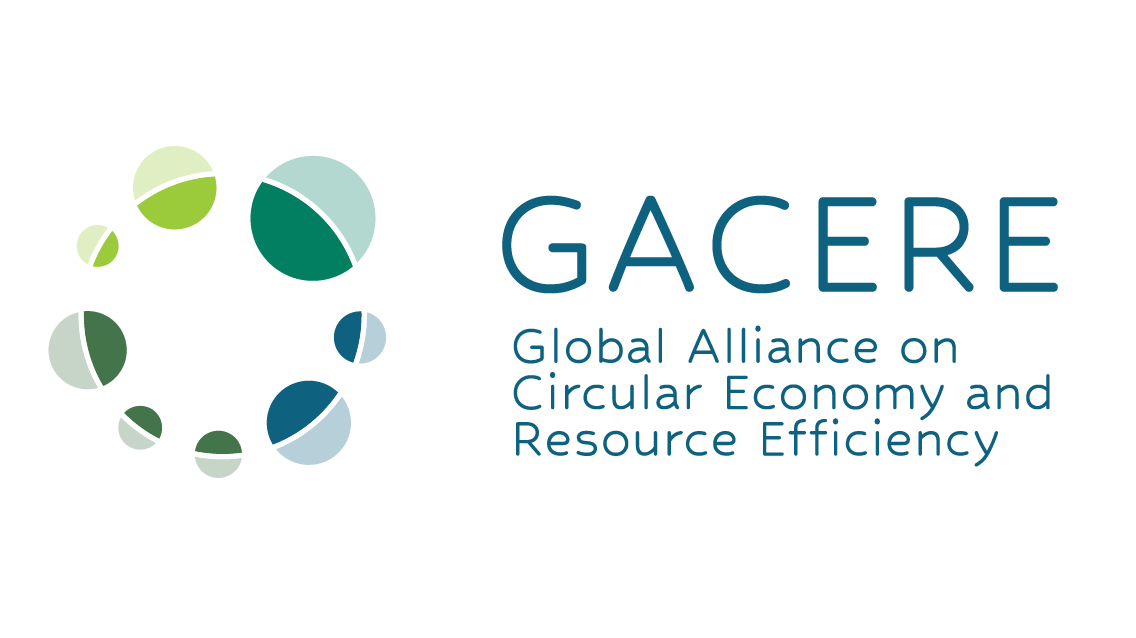
Added: Feb 24, 2021
Last edited: Jul 02, 2025
Bringing together governments and relevant networks and organisations, the Global Alliance on Circular Economy and Resource Efficiency (GACERE) aims to provide a global impetus for initiatives related to the circular economy transition, resource efficiency, and sustainable consumption and production. Eleven countries (Canada, Chile, Colombia, Japan, Kenya, New Zealand, Nigeria, Norway, Peru, Rwanda, and South Africa) and the EU have joined the Alliance to date. Participants will address the need for a green recovery in a post-pandemic world and will look in particular at how sustainable development can tackle the unsustainable patterns that have driven environmental degradation and led to these crises.
Climate change and environmental damage have led to an ecological crisis around the world, negatively impacting multiple countries. Environmental concerns along with discussions regarding possible recovery plans from the social and economic crisis caused by the pandemic are bringing up circularity as a potential solution to global problems. However, there is still a lack of knowledge, clarity, action, and collaboration around circular economy goals in countries. Specifically in Africa, given the continent’s rapid population growth and urbanisation, there is a need to design systems that enable cities to become resilient and resource-efficient.
The Global Alliance on Circular Economy and Resource Efficiency (GACERE) aims to put governments and organisations together in order to provide a global momentum for circular economy initiatives, resource efficiency, and sustainable production and consumption. It will build on international efforts and place the EU at the forefront of the green transition. This new partnership would assist the African continent in making the necessary change to a circular economy, sustainable growth, and natural resource sustainability.
To date, eleven countries (Canada, Chile, Colombia, Japan, Kenya, New Zealand, Nigeria, Norway, Peru, Rwanda, and South Africa) and the EU have joined the Alliance. The Alliance is projected to introduce more and better circular systems that can enable cities to minimize waste volumes and enhance waste management, benefiting the environment, public health, and the urban economy. Economic activities for resource recovery, reuse, and recycling, in particular, may help create employment for rising urban populations.

